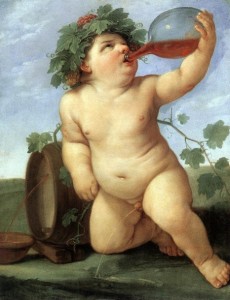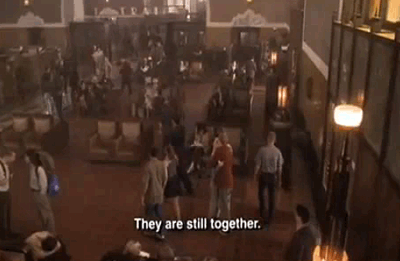
Frank Frazetta died the other day. He was well-known as a the cover artist for innumerable Conan and Edgar Rice Burroughs books, but in truth, Frank was one of the greatest artists of the 20th century, working in oil paint or ink with equal facility. The excellent if rather showy retrospective documentary Painting With Fire is highly recommended, or for a more calculated explanation of why Frank was the best, here’s a neat blog post. My own experience with Frank’s work was very personal, and very formative.

For most of high school and my first year of college, I spent Wednesday afternoons after school with three other friends in an art studio in the San Bernardino mountains, taking lessons from a wonderfully talented illustrator named John Arthur. John was a classically-trained artist who drilled the basics of life drawing, line quality, and the importance of sketching into our still-mushy teenage minds, and I credit those Wednesdays with John with developing my creative instincts from childlike fumbling into something of value.
Every week, each of us would show John (and the others) any sketches or drawings we’d done throughout the week, but John also delighted in reading our stories, poems, comics or anything else we’d made — my friend Stephen was a prolific poet, I was working on a novel, both of us had occasional short stories to present as well, and John was always encouraging, always enthusiastic to see it all.

In return, John would teach us from the masters — as we drew in his studio, he’d read to us from Ray Bradbury or Robert Henri; as we listened, we sketched from life or copied (as best we could) from Michaelangelo, N.C. Wyeth, Bernie Wrightson or Frazetta.
Frank was John’s touchstone: to explain how light could turn a three-dimensional form into black and white lines, he’d pull out his old portfolio of Frazetta lithographs. He’d put an anatomy book next to one of Frank’s paintings to explain how to portray torsion in a muscle in an interesting and dynamic way, and compare and contrast Frank’s work with the schlocky Image comics we’d bring in for show-and-tell. And as we were packing up from the day’s lesson, John would tell the story of how Frank once goofed off playing baseball rather than working on a book-cover assignment, until the night before the painting was due to the publisher. That night, when he finally sat down to work, he discovered he didn’t have any canvas in the house — so he pried a piece of Masonite off the floor and painted monsters on it:

As wonderful as Frank’s paintings were and are, it was those lithos from John’s portfolio that always struck me the most. Mostly ink drawings from Tarzan books, they clearly showed Frank’s absolute mastery over the brush. The lines are lively, fluid, and variable in a way that John continually explored with us — they dance teasingly with negative space, volume, and texture. Frank’s linework is what’s playing in my brain every time I clumsily put pen (or brush) to paper today:

Having a variable quality of line was one of the lessons that John drummed into our drawing hands every single session. I admire cartoonists who can get evocative images out of Micron pens or thin strokes, but that came to bore me in my own art. Seeing what life Frank could breathe with his brush continues to inspire me today, and insofar as I’m anywhere, I wouldn’t be here without John, those Wednesdays, and Frank.

Frazetta, 1975

Me, 1996

Frazetta, 1969

Me, 1999
Thanks, Frank.
UPDATE: One more thing! During the time I was taking lessons from John, Frank suffered a stroke (what would be the first of many). John relayed the news to us gravely, and suggested that we call the family to wish them well. Next thing I knew, we were on the phone with Frank’s wife Ellie, each of us taking a moment to pass on our well wishes. I don’t know how John had the number — maybe they were listed in the phone book, or maybe he called the museum that Ellie had founded on their property. But it was a powerful moment in connecting with one’s heroes, remembering that for all their accomplishments, they’re people too.
After the stroke, Frank began to experience tremors and a loss of strength in his right hand. So what did he do? Taught himself to paint with his left. In his 70s. I just got done explaining how Frank was merely human, but dang if Frank didn’t try his best to make me a liar.
Ink-drawing images from Golden Age Comic Book Stories. Paintings from The Unofficial Frazetta Gallery Page.
Recommended reading:
Icon: A Retrospective by the Grand Master of Fantastic Art
Legacy: Paintings and Drawings by Frank Frazetta
Testament: The Life and Art of Frank Frazetta
Spectrum Presents: Frank Frazetta: Rough Work



























